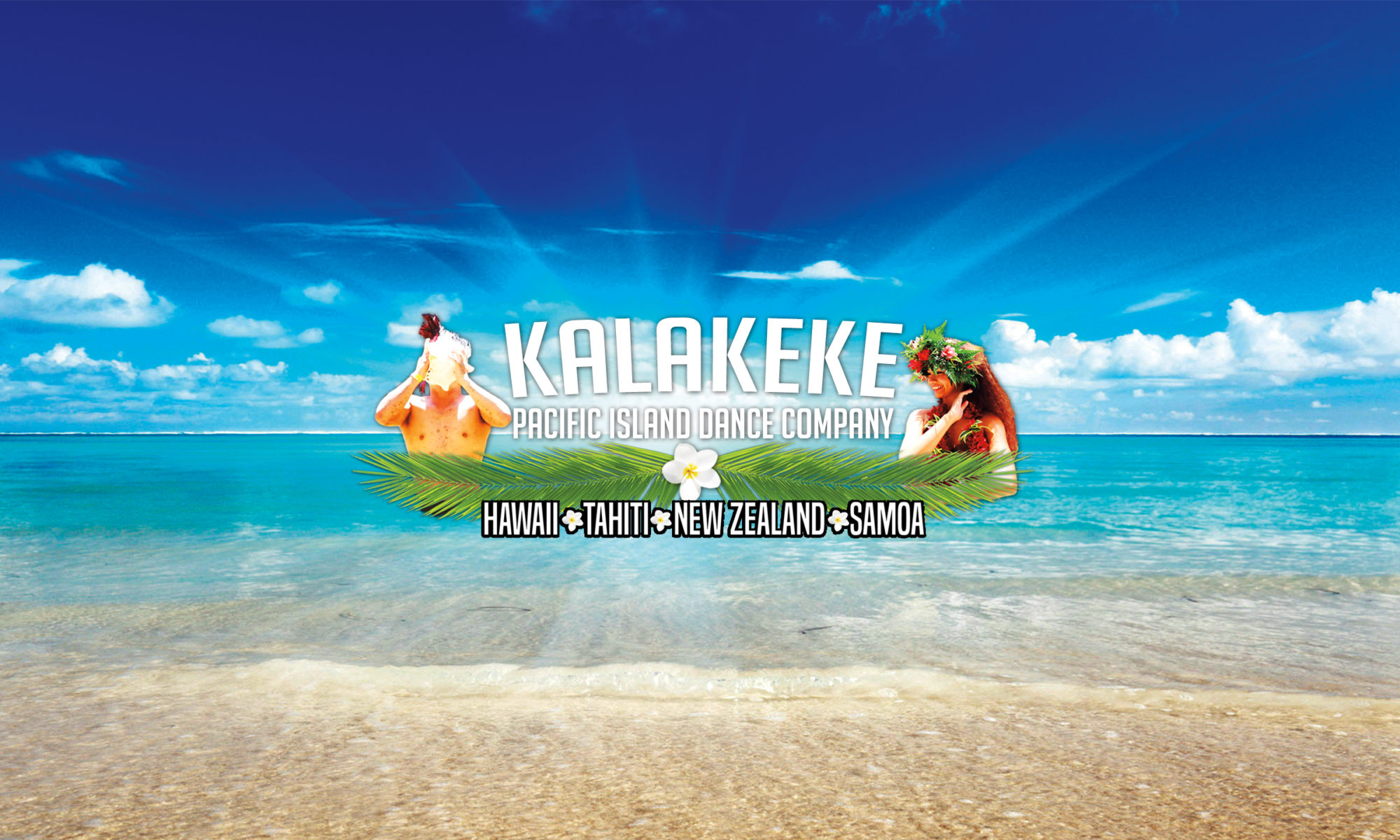In honor of Mother’s Day, we would like to celebrate the awesome group of moms, grandmas, mother-in-laws, motherly figures that participate in and support Kalakeke.
We want to celebrate our hula moms and grandmas that dedicate time weekly to take their daughter or son to class and support their student at every performance and recital. Some of these moms even spend time learning and making all of their children’s costumes. So many students couldn’t dance and participate in Kalakeke without them!
Another group of moms we are so grateful for are our volunteer backstage moms. These moms not only support their own children but every dancer in Kalakeke. They volunteer time to run students on and off the stage during performances and rehearsals. Backstage moms keep the peace backstage, check costumes, and provide direction and encouragement. We couldn’t have many of our performances without them!
Finally, we would like to celebrate another group of moms that are actually students and dancers of Kalakeke! Some of these ladies are students that happen to be moms and enjoy taking classes and learning and some are actually hula moms and backstage moms who decided they wanted to start dancing too (why should the kids have all the fun?) It’s so exciting to see these moms dancing alongside their kids at a recital or see their families in the audience supporting them with a bouquet of flowers. Check out some of our Kalakeke mama stories:

